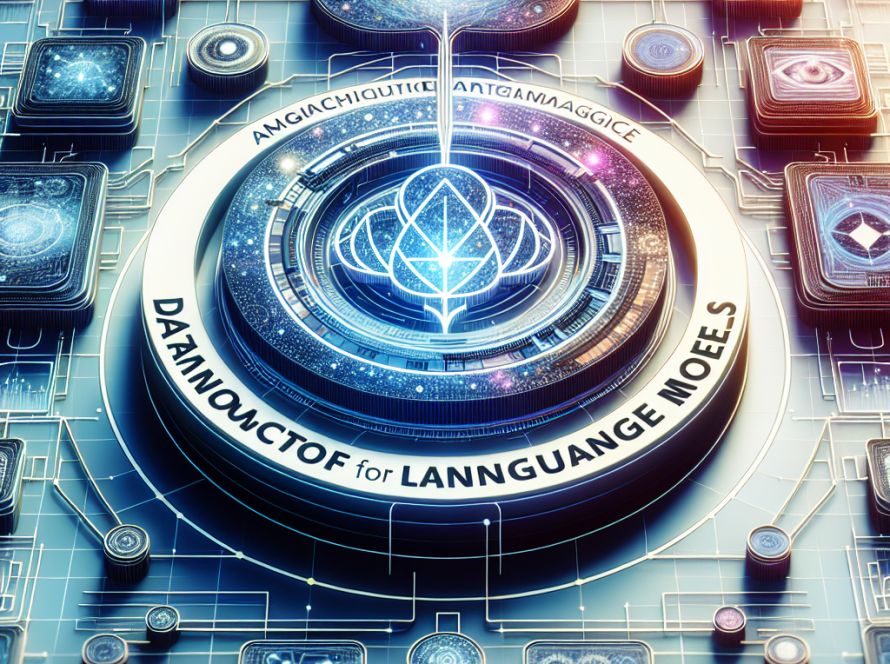The evaluation of large language models (LLMs) has always been a daunting task due to the complexity and versatility of these models. However, researchers from Google DeepMind, Google, and UMass Amherst have introduced FLAMe, a new family of evaluation models developed to assess the reliability and accuracy of LLMs. FLAMe stands for Foundational Large Autorater Models.
Traditional evaluation metrics such as BLEU and ROUGE are limited because they primarily focus on simple lexical overlaps, and therefore cannot fully capture the nuanced quality of LLM outputs. Furthermore, the high cost, time and inconsistency of human evaluations have further added to the challenges of evaluating LLMs effectively.
FLAMe seeks to overcome these issues. The model leverages a large diverse collection of quality assessment tasks that are derived from human judgments to train and standardize autoraters. Training of FLAMe is done through a multitask fine-tuning approach on over 100 quality assessment tasks based on more than 5 million human judgments. This is carried out in a text-to-text format that encourages effective transfer learning across different functions, thereby enabling FLAMe to generalize to new tasks and outperform existing models like GPT-4 and Claude-3.
The dataset used to train FLAMe was derived from human evaluations from previous studies and encompasses tasks such as machine translation quality and AI assistant instruction. By training on this dataset, FLAMe learns robust patterns in human judgements, thereby reducing the impact of noisy or low-quality data. Additionally, FLAMe demonstrates significant improvements in performance when fine-tuned for specific tasks. For example, FLAMe-RM, a variant that was specifically fine-tuned for reward modeling evaluation and demonstrated high levels of performance.
The performance of FLAMe across various benchmarks is quite distinguished. The model outperforms existing LLMs on 8 out of 12 automated evaluation benchmarks, thereby showcasing its broad applicability and robust performance across a variety of evaluation scenarios. Tasks include summary comparisons, helpfulness evaluations, and factual accuracy assessments. A computationally efficient variant of FLAMe, named FLAMe-Opt-RM, also showcases impressive performance with less training data, emphasising the model’s efficiency and versatility.
In summary, the development of FLAMe represents a significant stride forward in the evaluation of LLMs. It effectively demonstrates the importance of consistent and robust evaluation methods by leveraging standardized human evaluations to significantly improve performance and reduce bias. This advancement promises to have a profound impact on the development and deployment of AI technologies, ensuring the outputs of LLMs maintain a high degree of reliability, impartiality, and quality.


